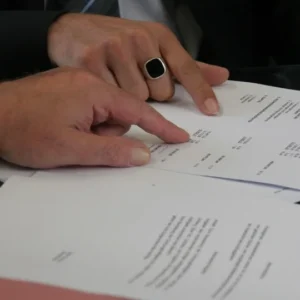How Do You Resolve A Dispute In A Contract?
Resolving a contract dispute effectively involves several steps. First, review the contract to understand the obligations and rights of both parties. Open communication is key, so try to negotiate directly with the other party to find a mutually acceptable solution.










